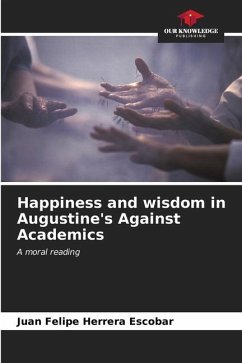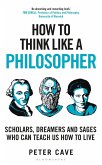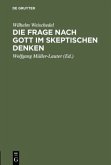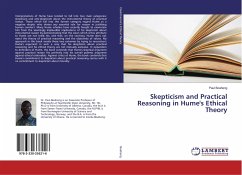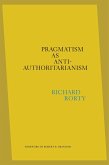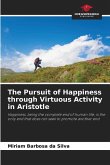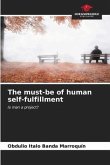Most of the interpretations that have been made of Augustine's Against Academics have emphasized the epistemological aspect of the work and present it as a merely rational effort to establish, from the veracity of the arguments provided from logic, ethics and physics, the possibility of finding certain knowledge. It is considered important to privilege a reading of the work that takes into account Augustine's ethical and moral argument against academics, as considered by John Heil (1972) and Ryan Topping (2012). Hence, this paper focuses on analyzing the relationship between wisdom and happiness from Augustine's considerations of the sage in that work. It is well known that the Hellenistic philosophical schools, in addition to presenting the theoretical points of their systems, propose a way of life or ethos in relation to their discourses. From this they set forth a model of the sage and a consideration of what it means to lead a good or happy life. The question that directs theexposition is formulated in the following terms: Who can be called wise and happy according to Augustine's reflections in Against Academics?

